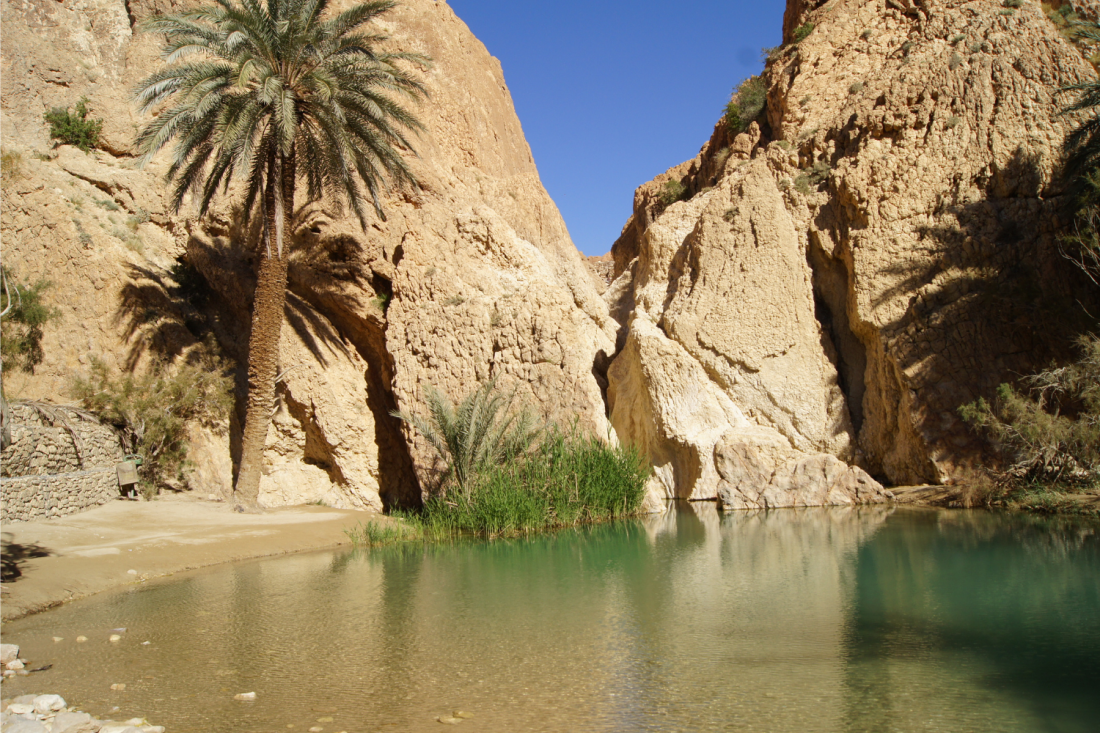MEDUSA: Tunisia the paradise of adventure tourism

This interview forms part of a series of interviews with stakeholders under MEDUSA project to shed the light on the adventure tourism in our partner territories in Jordan, Lebanon, Tunisia, Puglia (Italy) and Catalonia (Spain).
Enjoy reading.
Meet Mrs. Ikram Makni, General Director of Chamber of Commerce and Industry of Sfax.
You have an extensive expertise in the business environment in the Mediterranean. In your opinion, are cross-border initiatives by the EU fostering a more cooperative business scenario? What are the challenges you identify for a true integration of the region?
In my opinion cross-border initiatives supported by the EU are important to develop international business cooperation. There are various challenges such as:
- Having coherent and comprehensive strategies at the Mediterranean level: e.g: to promote inland rural regions to avoid disparities and inequality and to create jobs
- Supporting value chains by coordinating amongst the different stakeholders for a true integration of the regions
- Improving infrastructure and logistics chains
- Improving skills mismatch to prioritize development of market-relevant skills as well as to increase inclusive growth and competitiveness
- Supporting the renewable energy sector
The MEDUSA project aims at promoting and developing sustainable tourism focusing on adventure tourism in Tunisia, Spain, Jordan, Lebanon and Italy. Based on your experience, what are the main challenges Tunisia faces in order to come back to the top destinations in the world? Do you think that adventure tourism can represent an alternative to sun and beach tourism in your country?
Tunisia has a high potential for development of adventure tourism. Several destinations in Tunisia have already become the paradise of adventure tourism such as: hot air ballooning, diving, exploring Matmata’s caves, Red Lizard train, desert moto bike trip, sharing traditional rural life with regional cooking and handicraft activities.
As a representative of the private sector, are there any major obstacles small medium enterprises face when adapting their business to more sustainable practices?
Small medium enterprises (SMEs) are more interested in the economic growth than in the conservancy of the environment. Environmental initiatives such as cleaner production, product life cycle analysis, certification in an environmental management system or other Green Production Strategies for Sustainability, are usually too expensive to be implemented because they are associated to high qualified professionals and new practices which are out of SMEs scope.
In the COVID-19 context, do you have any recommendation(s) for the business, women and youth operating in the tourism sector?
- The diversification of products and markets to stand out from competition
- The promotion of national and regional tourism
- The financial support and the reinforcement of the women's entrepreneurship
- The implementation of reconversion and upgrading programs (e-commerce, digitalization, ...)

You have been working in marketing for a long time. In this line, one of the project outputs is the development of a common marketing strategy to promote the Mediterranean adventure tourism in outbound markets with the intent of consolidating the region as a whole destination. What do you believe we need to do to reinforce that idea and promote the Mediterranean as a whole?
We need to create a sustainable tourism planning, to learn from the mistakes of the past in the mature and degraded destinations of the Mediterranean. To achieve this, it is necessary to establish a system of knowledge management and transfer of the results of scientific and market research, which can be accessible especially for the smallest and most fragile destinations in terms of management structure, and also for SMEs.
In addition, developing a significant campaign to professionalize local tourism development, management and promotion agencies is recommended.
We need to create early warning systems for tourism based on the assessment of risks according to companies and destinations, promote the entrepreneurial spirit in sustainable tourism, and promote the culinary Mediterranean culture.









